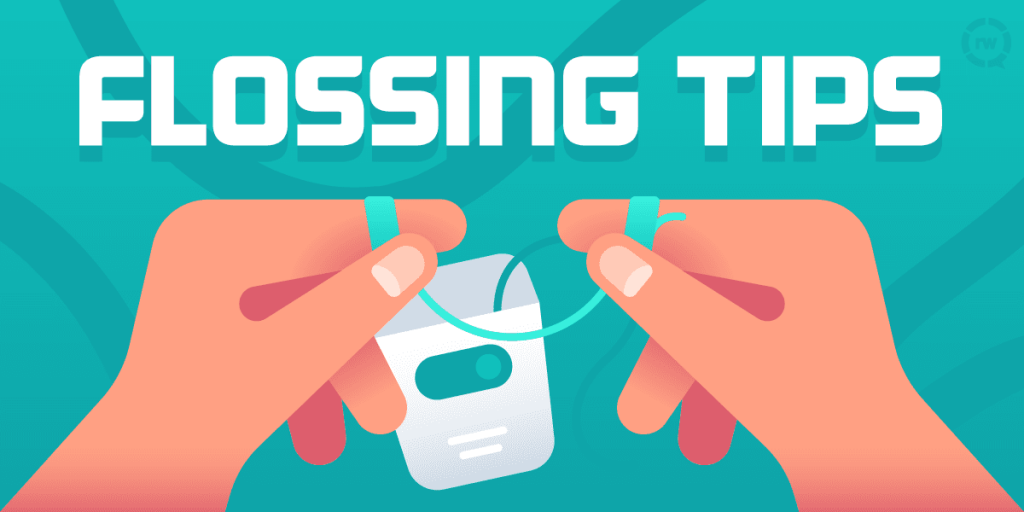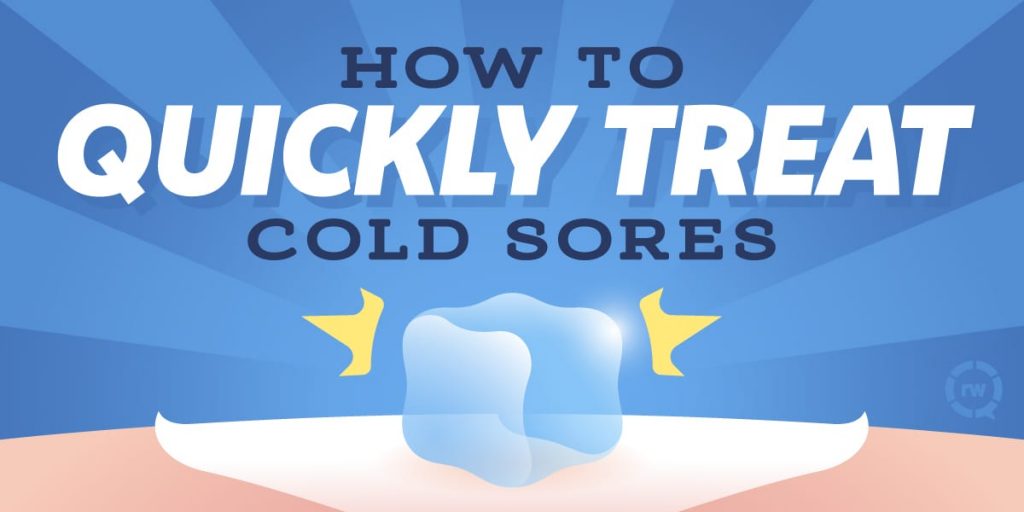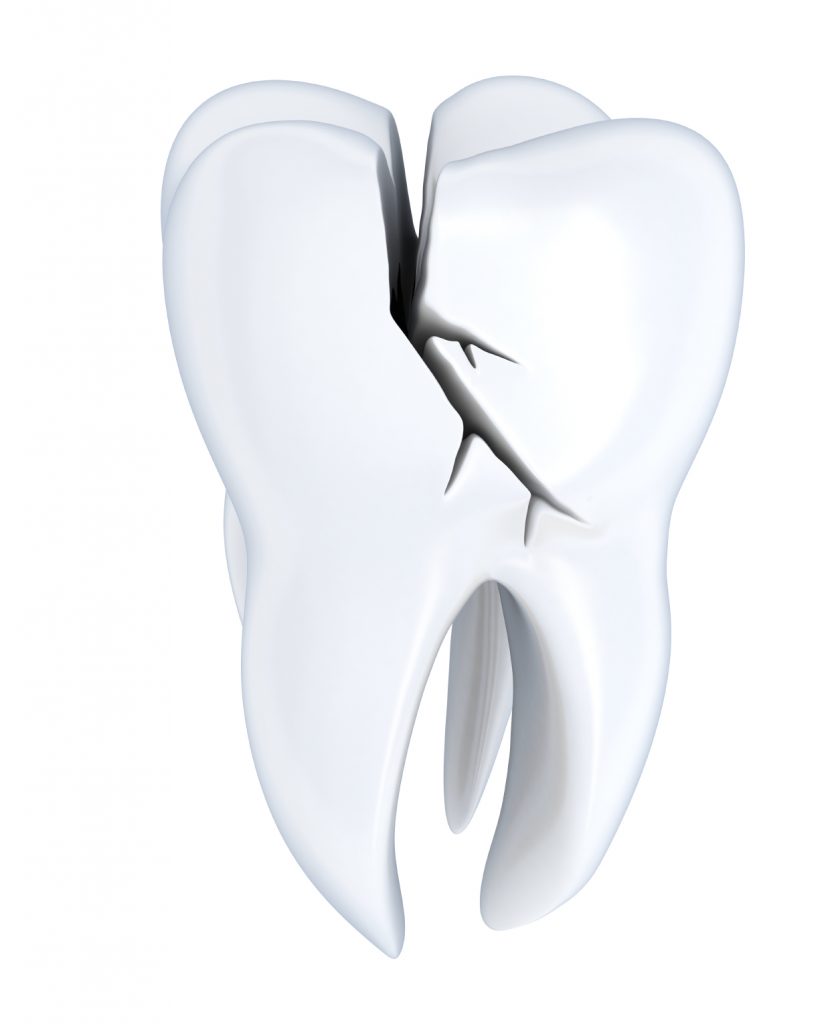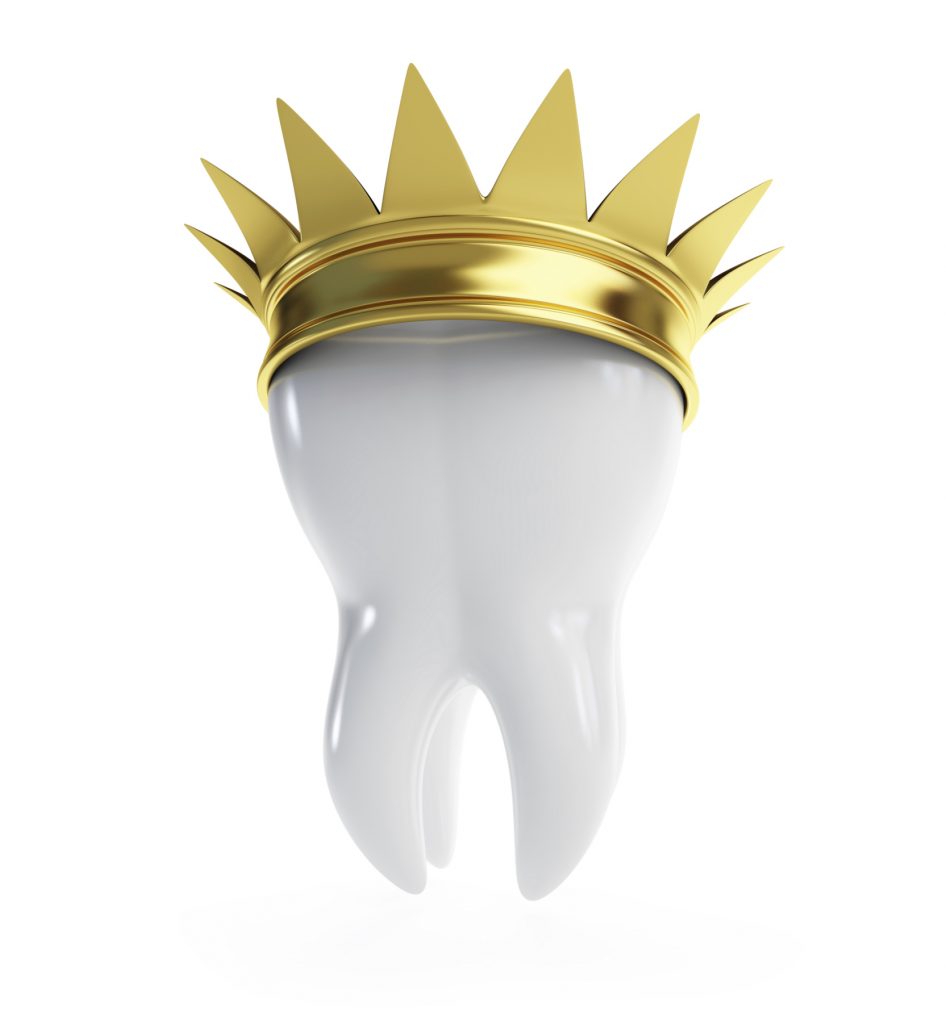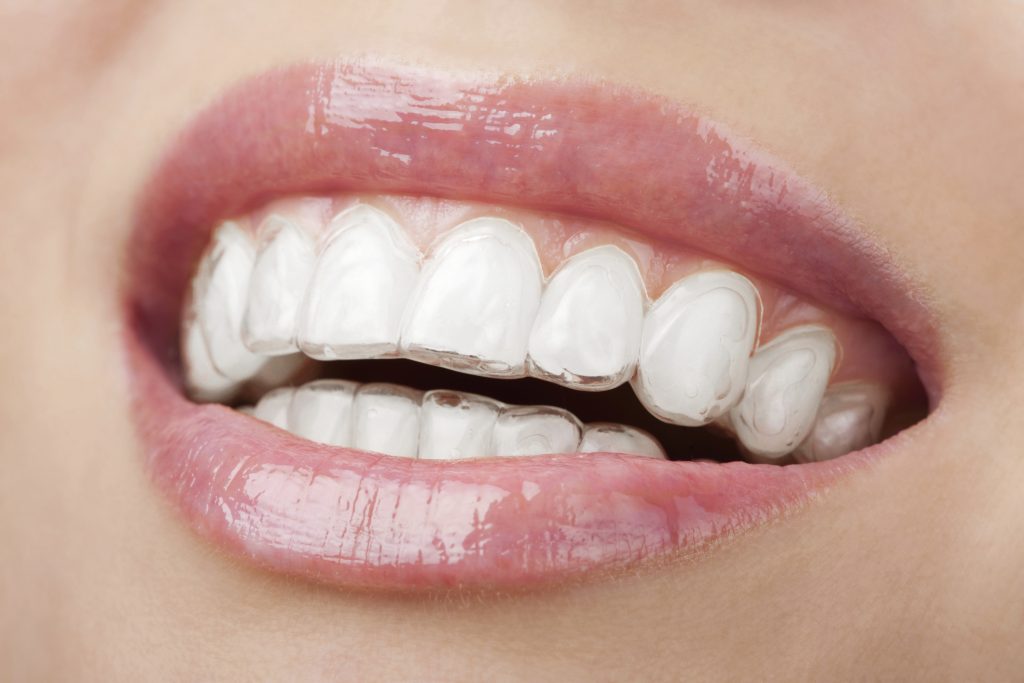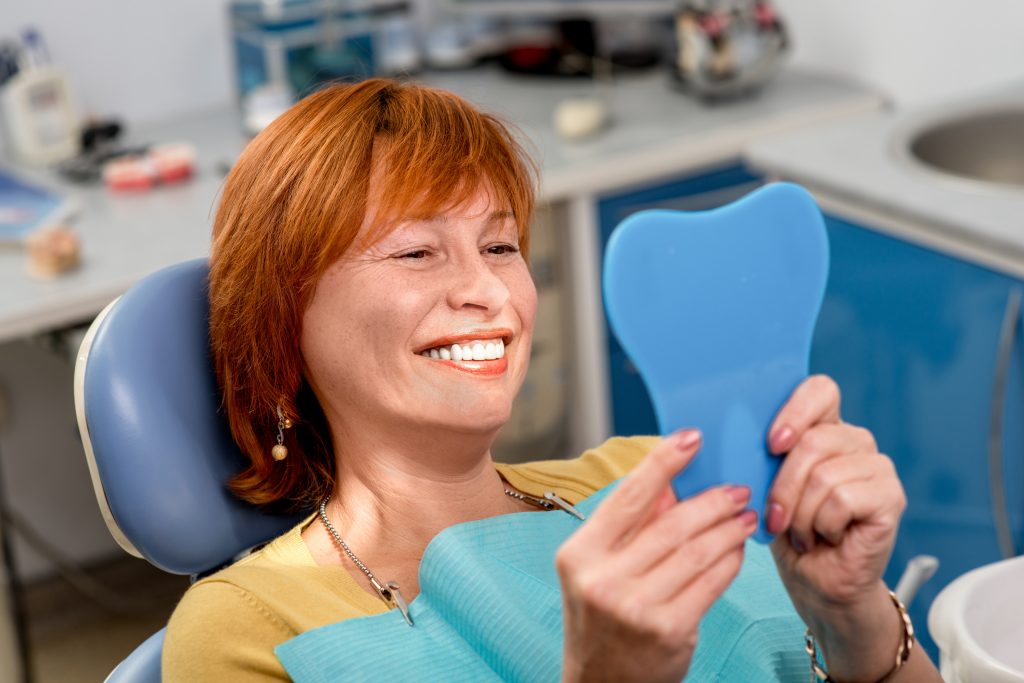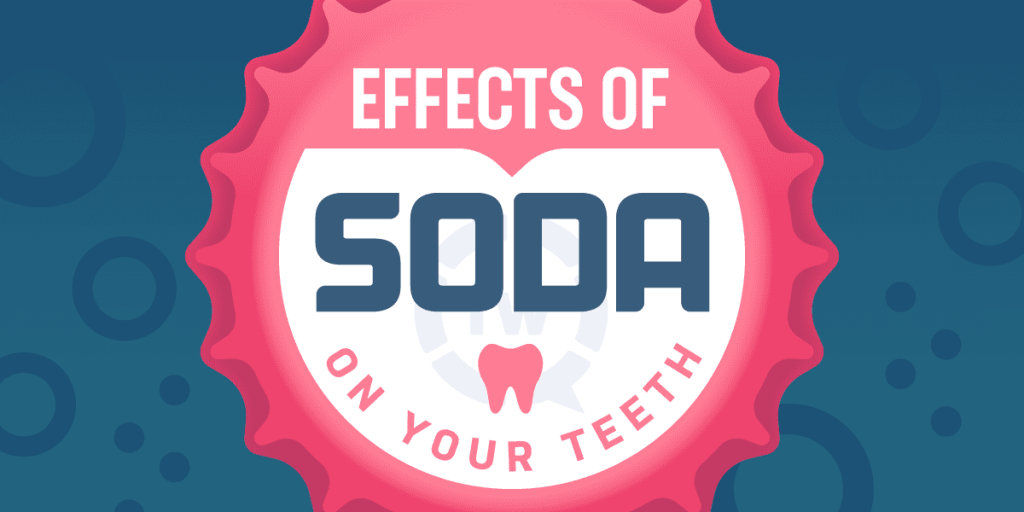
Ever seen those videos where someone puts a baby tooth in a glass of soda and watches it decay? Well, the effect of soda in an actual mouth is a bit different. You have your saliva to help wash away the sugar, you eat other things throughout the day, and brush at least twice a day to remove debris or plaque.
Nevertheless, soda is not something we recommend you consume more often than a once-in-awhile treat. Here’s why:
Sugar. Soda has an extremely high sugar content. The bacteria that cause tooth decay feed off of sugar and excrete acid, which is what causes tooth decay. The more sugar our teeth have to interact with, the more prone to decay they will be.
Acid. Think diet soda is a better alternative? Even though it contains zero sugar, it can still contain acids such as phosphoric acid or citric acid. Acid eats away at a tooth’s enamel and leaves it prone to decay.
Colors. Caramel color, Yellow 5, etc. Any type of artificial coloring can cause tooth-staining. If you prefer your teeth sparkling white, it’s best to stay away from soda.
Instead of soda, we recommend spicing up your daily beverages with other alternatives. How about some sparkling water or plain water infused with fresh fruit? When you do drink soda, make sure to rinse with water afterwards. And, as always, keep up with regular brushing and flossing to protect those precious teeth!
If you would like to find out more about the effects of soda on your teeth, contact Dr. Ahmadi at 323-312-0500 to schedule a consultation or visit www.dentalimplantcare.com for additional information.
Dr. Mike Ahmadi proudly serves Bell and all surrounding areas.

